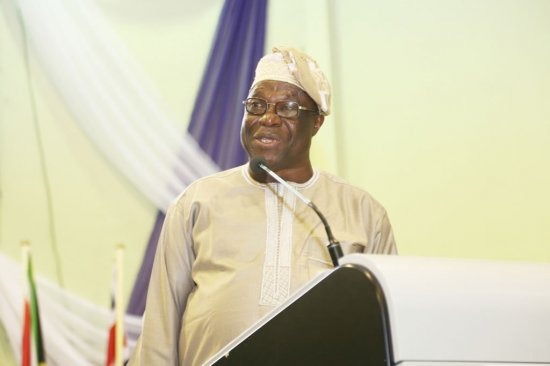As the 62nd session of the UNFCCC’s Subsidiary Bodies (SB62) concluded in Bonn, climate justice advocates voiced growing concern over developed nations’ continued obstruction of critical negotiations ahead of COP30, scheduled to take place later this year in Belém, Brazil.
Developed Nations Accused of Blocking Progress
Developing countries arrived in Bonn with high expectations—to make headway on overdue climate finance, advance the Just Transition Work Programme, and ensure fair treatment under the Paris Agreement. Instead, they faced stiff resistance.
With the United States notably absent from the talks, the European Union, along with its allies in the Umbrella Group and the Environmental Integrity Group, emerged as a major roadblock. These blocs reportedly blocked key agenda items, including discussions on their failure to deliver long-promised climate finance, and refused to meaningfully engage with proposals from developing countries.
“In Bonn, we witnessed deliberate obstruction,” said representatives from the Global Campaign to Demand Climate Justice. “Developed countries walked away from the dancefloor, leaving the Global South negotiating alone in the face of a climate collapse.”
Misplaced Priorities: Weapons Over Climate
The frustration among climate advocates was further fueled by the recent decision by NATO member countries to significantly increase military spending—committing to allocate 5% of their GDP toward defense by 2035. This stands in stark contrast to the chronic shortfall in climate finance contributions from the same countries.
Campaigners argue that while vulnerable communities across the globe grapple with escalating climate disasters, wealthy nations are funneling trillions into weapons and military infrastructure. The disparity underscores what many see as a dangerous misalignment of global priorities.
A Dangerous Stalemate
The talks in Bonn highlighted the widening gulf between the urgency expressed by climate-vulnerable nations and the inertia of the Global North. Instead of engaging on substantive issues like finance and equity, developed countries continued to push market-driven distractions—such as carbon offsets, speculative technologies, and false solutions that critics say serve polluters rather than people.
“This is no longer just a crisis,” warned campaigners. “We are staring down a collapse. And once again, it is the least responsible who are being made to pay the highest price.”
Despite the deadlock, negotiators were able to officially table the Just Transition agenda—marking a small but significant victory for frontline communities. However, this progress was overshadowed by continued resistance on other crucial fronts, including loss and damage, adaptation, and the global stocktake.
Looking Toward COP30
With COP30 fast approaching, climate justice groups are preparing to intensify pressure on developed countries. A press briefing has been scheduled to outline the outcomes of the Bonn talks, name the countries impeding progress, and mobilize global momentum toward a fairer, more ambitious climate agreement in Belém.
As UNFCCC Executive Secretary Simon Stiell emphasized in his closing remarks, there is still a long way to go: “We must go further, faster, and fairer.”
The Road Ahead
As the international community prepares for COP30, one thing is clear: the gap between rhetoric and action must be closed. Climate justice cannot be postponed or negotiated away. The voices of the Global South, civil society, and frontline communities must be heard—and heeded—if the world is to avert further devastation.
This is not a time for silence. It is a moment for courage, clarity, and commitment. The world will be watching Belém.







ojdp8q